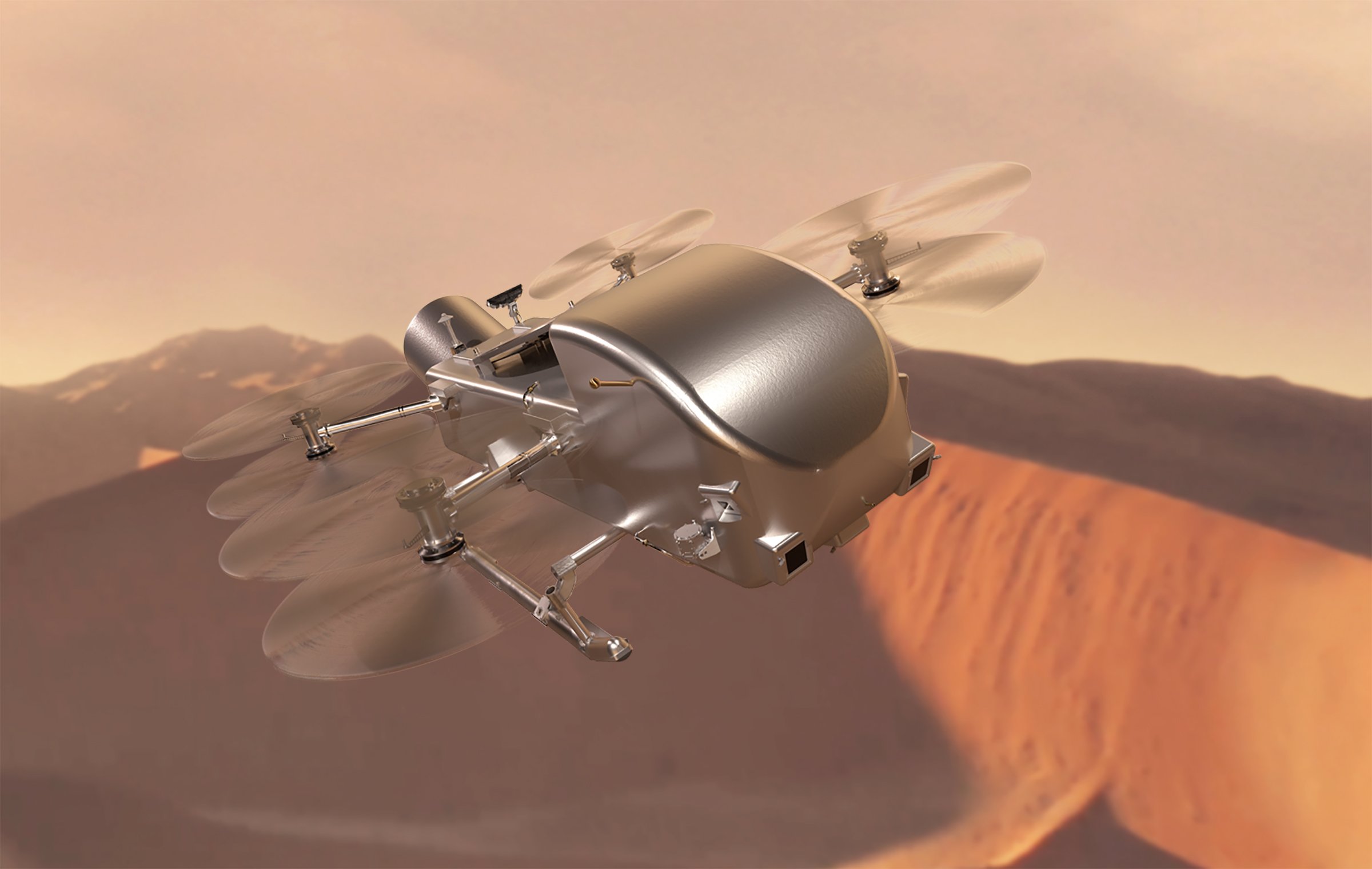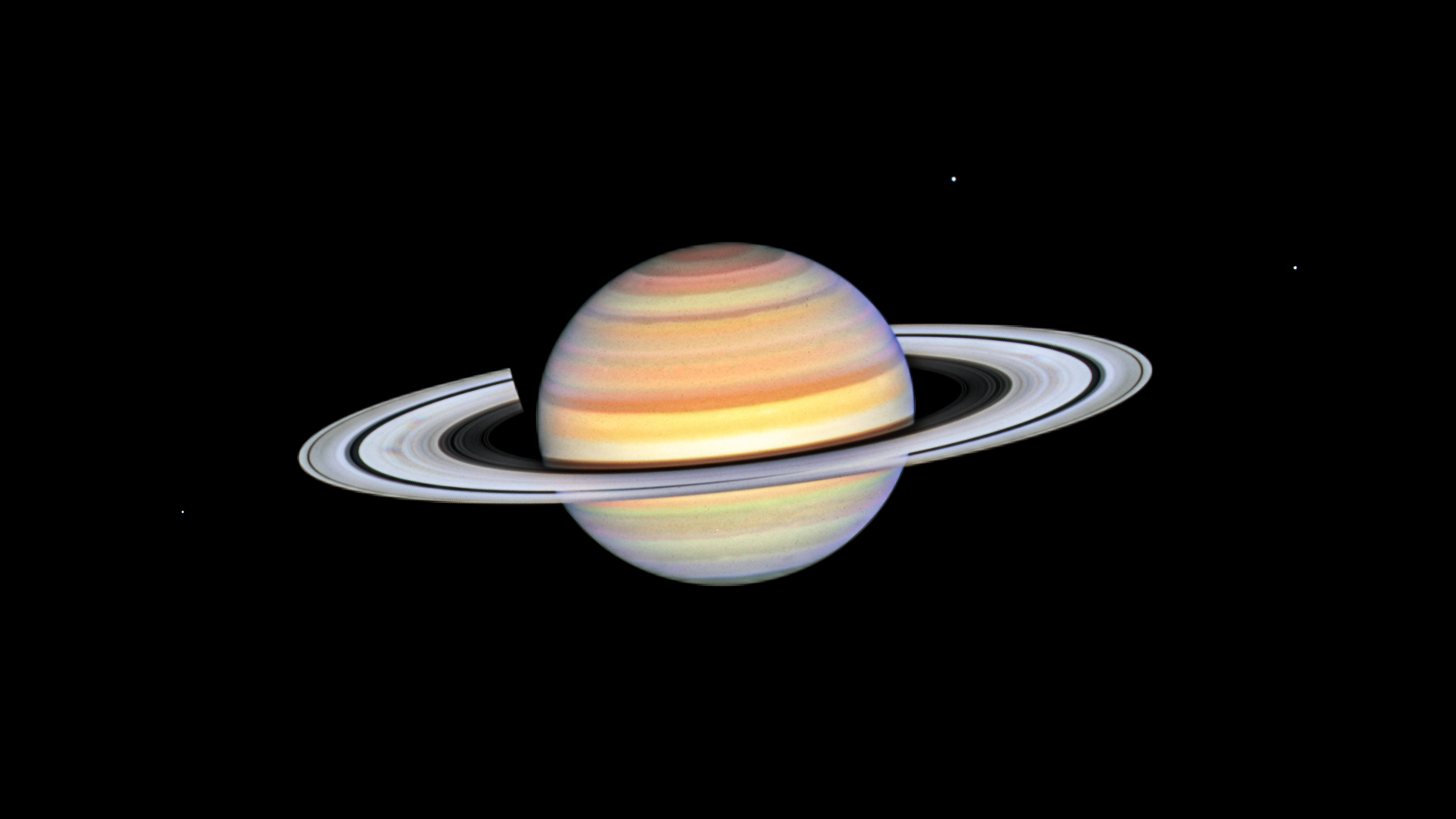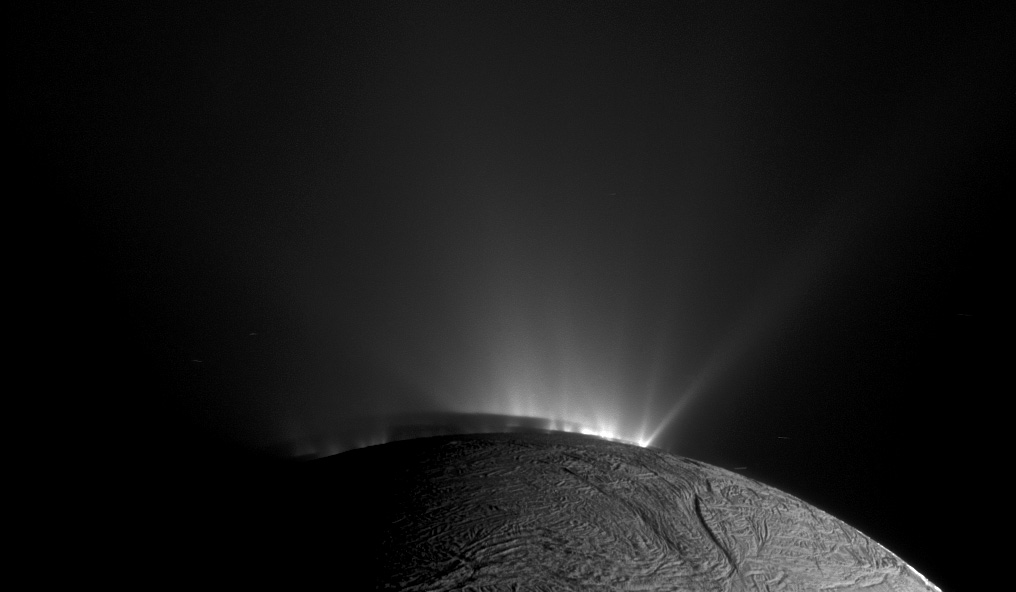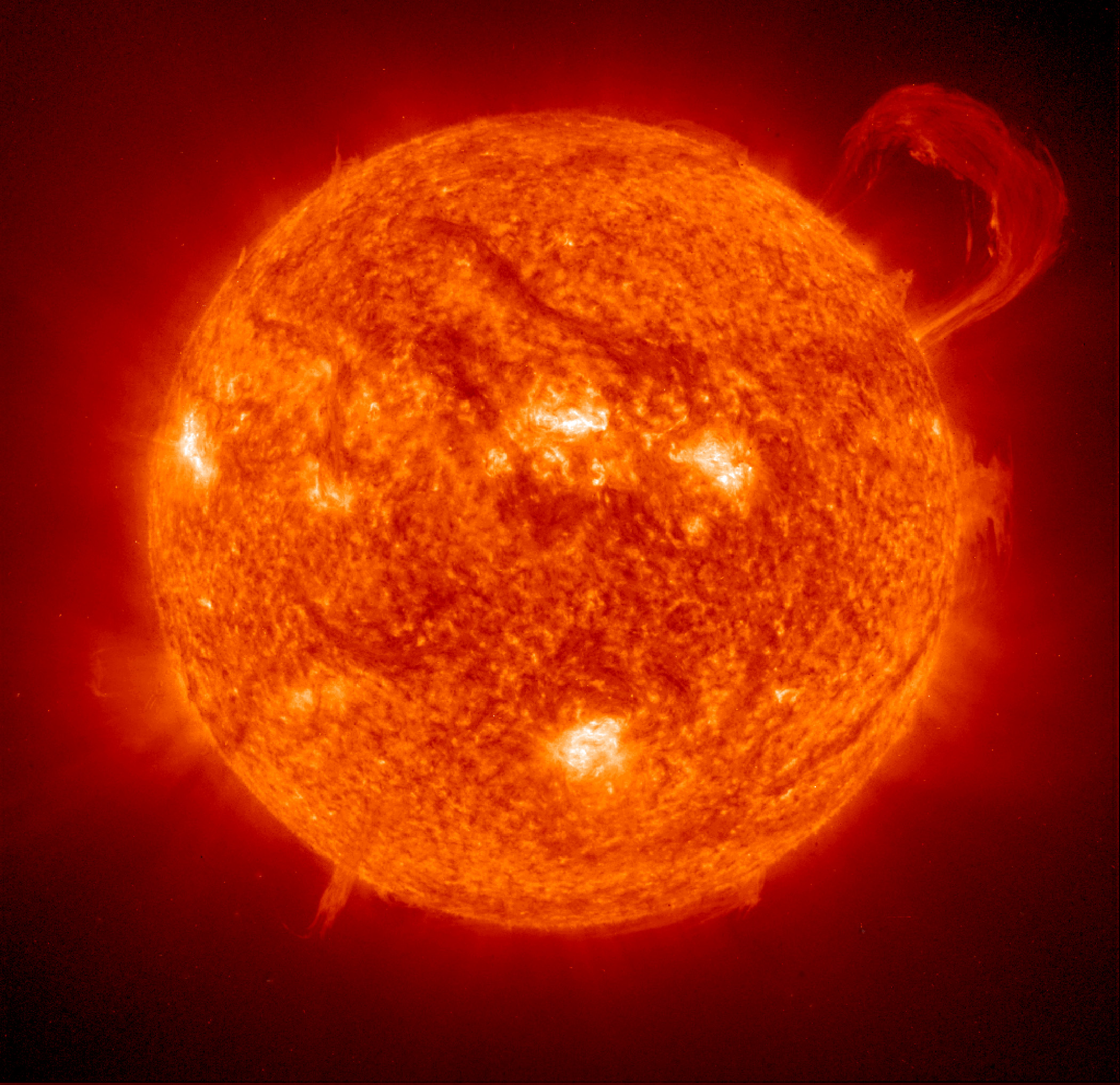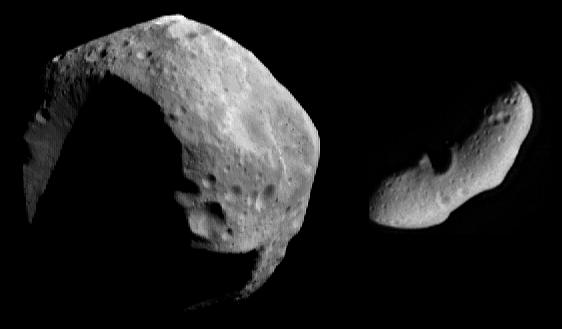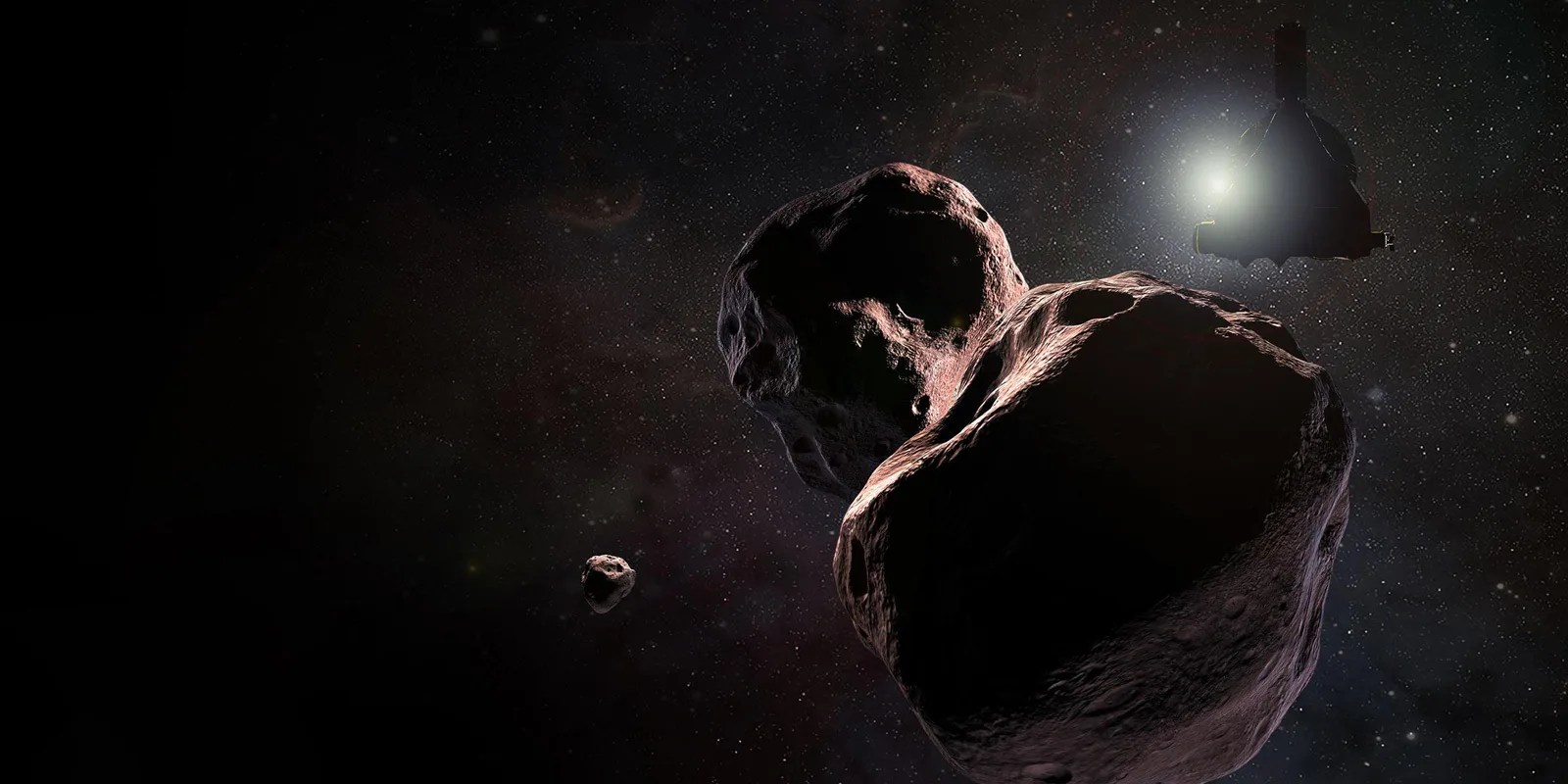4 min read
Cassini Significant Event Report
For Week Ending 11/17/00
The most recent spacecraft telemetry was
acquired from the Madrid tracking station on Tuesday, November 14. The Cassini
spacecraft is in an excellent state of health and is operating normally. The speed of the spacecraft can be viewed on the "Where is Cassini Now?" web page.
Activities this week included the completion of the ninth and final instance
of the Phase A 5-Day Repeating Template, and start of the first instance of
the Phase B 5-Day Repeating Template for Jupiter Observations. Other
activities included Composite Infrared Spectrometer (CIRS) power on, Solid
State Power Switch (SSPS) Fault Protection Algorithm update to set
Magnetometer Subsystem (MAG) heater on if tripped, update to Reaction Wheel
Assembly (RWA) Unexpected Current threshold, AACS Clear Highwater Marks,
Radio and Plasma Wave Science (RPWS) clear Write Protect Violations flag,
Cosmic Dust Analyzer (CDA) Assisted Load Format (ALF) MRO from SSR,
Command & Data Subsystem (CDS) SSR Memory Load Partition Repair (CDS-A and B),
and a Reaction Wheel momentum unload.
This week marked the start of Visual and Infrared Mapping Spectrometer
Jupiter observations. Playback of this data will occur next week. Over
4,200 Imaging Science Subsystem frames have been received and processed.
Radio Science personnel conducted a Cassini Radio Science Implementation
Assessment Meeting. The meeting was convened to provide an opportunity to
view the end-to-end implementation progress of the new Radio Science
instrument. Managers from the Cassini Program, TMOD, and the
Communications Systems and Research Section (Section 331) participated.
Invitees expressed appreciation for the level of detail presented and
insight gained from the meeting.
The Spacecraft Office (SCO) delivered Version 6.1 of the Cassini
Spacecraft Analysis Software (CSAS) to operations this week. This version
contains updates to the Inertial Vector Propagation tool and the Kinematic
Prediction tool.
Mission Planning provided Deep Space Network schedulers with a Program
Manager approved update to the long range User Loading Profile. The
update reflected a plan of two passes per week during post-Jupiter cruise
and the change of the Gravitational Wave Experiment test from a two-week
period to two one-week periods in 2001. The update will be used to
support the February 2001 Resource Allocation Review Board meeting.
From now until the post Jupiter time frame, various Cassini Teams will be
conducting lessons learned discussions. The purpose is to document
valuable information gained primarily from the Jupiter related activities
that may be applied to ongoing cruise and future tour operations. The
first such discussion was held this week by members of the Science and
Uplink Office. The meeting was considered beneficial enough that a second
meeting has been scheduled for the near term.
Cassini Outreach conducted a teacher workshop jointly with the Goldstone
Apple Valley Radio Telescope project with 100 attendees. The teachers
learned about student measurements of Jupiter that will be used by the
Cassini Program to calibrate Cassini's radar receiver and for science
observations, and about related lesson plans suitable for their
classrooms. Outreach also participated in a two-day Solar System
Exploration Forum retreat, intended to facilitate cooperation among many
projects.
Pasadena City College has agreed to host the Jupiter Fly-by event "Jupiter
in Music, Myth, History, and Science" to be held on December 30.
Additional information about Cassini-Huygens is online at http://saturn.jpl.nasa.gov.
Cassini will begin orbiting Saturn on July 1, 2004, and release its piggybacked Huygens probe about six months later for descent through the thick atmosphere of the moon Titan. Cassini is a cooperative project of NASA, the European Space Agency and the Italian Space Agency. The Jet Propulsion Laboratory, a division of the California Institute of Technology in Pasadena, Calif., manages the Cassini mission for NASA's Office of Space Science, Washington, D.C.
Media Relations Office
Jet Propulsion Laboratory
California Institute of
Technology
National Aeronautics and Space
Administration
Pasadena, Calif. 91109.
Telephone (818) 354-5011

